GENERAL
Experts say the world could have prevented COVID catastrophe.
Published
5 years agoon
By
Adubianews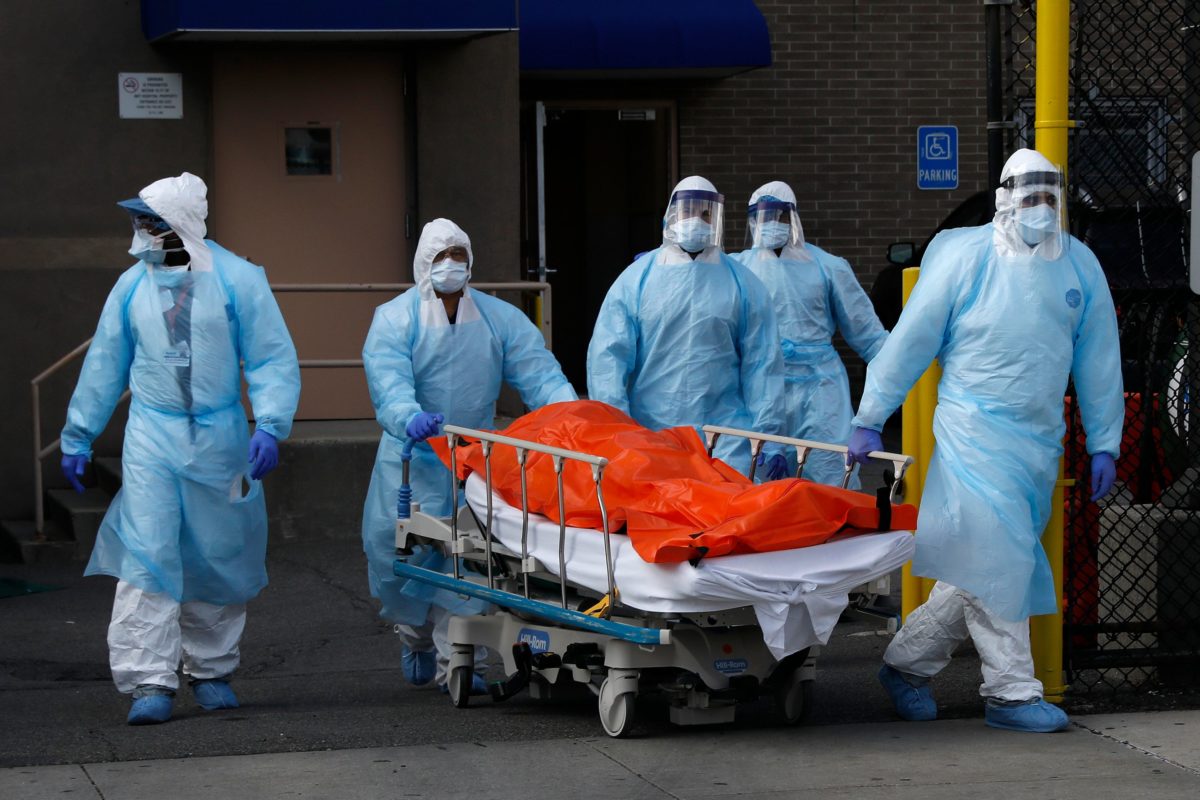
An independent panel has concluded that the catastrophic scale of the coronavirus pandemic could have been prevented but a “toxic cocktail” of dithering and poor coordination meant the warning signs went unheeded.
In its long-awaited final report on Wednesday, the Independent Panel for Pandemic Preparedness and Response (IPPPR) said a series of bad decisions meant COVID-19 went on to kill at least 3.3 million people so far and ravage the global economy.
Institutions “failed to protect people” and science-denying leaders eroded public trust in health interventions, the IPPPR said. Early responses to the outbreak detected in Wuhan, China in December 2019 “lacked urgency”, with February 2020 a costly “lost month” as countries failed to heed the alarm, said the panel.
It called on the richest countries to donate a billion vaccine doses to the poorest to tackle the current pandemic, and it also urged the world’s wealthiest nations to fund new organisations dedicated to preparing for the next pandemic.
The IPPPR’s report was requested by World Health Organization (WHO) member states in May last year. The panel was jointly chaired by former New Zealand Prime Minister Helen Clark and former Liberian president Ellen Johnson Sirleaf, a 2011 Nobel Peace Prize laureate.
The report, “COVID-19: Make it the Last Pandemic”, argued that the global alarm system needed overhauling to prevent a similar catastrophe.
“The situation we find ourselves in today could have been prevented,” Sirleaf told reporters. “It is due to a myriad of failures, gaps, and delays in preparedness and response.”
The report said the emergence of COVID-19 was characterised by a mixture of “some early and rapid action, but also by delay, hesitation, and denial”.
“Poor strategic choices, unwillingness to tackle inequalities and an uncoordinated system created a toxic cocktail which allowed the pandemic to turn into a catastrophic humanitarian crisis.”
The threat of a pandemic had been overlooked and countries were woefully unprepared to deal with one, the report found.
The panel did not spare the WHO, saying it could have declared the situation a Public Health Emergency of International Concern (PHEIC) – its highest level of alarm – on January 22, 2020. Instead, it waited eight more days before doing so.
Nevertheless, given countries’ relative inaction, “we might still have ended up in the same place,” said Clark.
It was only in March after the WHO described it as a pandemic – a term that is not officially part of its alert system – that countries were jolted into action.
As for the initial outbreak, “there were clearly delays in China – but there were delays everywhere,” she added.
Without the lag between the first identification in Wuhan and the PHEIC declaration – and then the “lost month” of February 2020 – “we believe we wouldn’t be looking at an accelerating pandemic, as we have for the last 15 or 16 months or so. As simple as that,” said Clark.
The panel made several recommendations on how to address the current pandemic.
Rich, well-vaccinated countries should provide the 92 poorest territories in the COVAX scheme with at least one billion vaccine doses by September 1, and more than two billion by mid-2022, it said.
The G7 industrialised nations should pay 60 percent of the $19bn required to fund vaccines, diagnostics, and therapeutics via the WHO’s Access to COVID Tools Accelerator programme in 2021, it added. Fellow G20 nations and others should provide the rest.
The WHO and the World Trade Organization should also get key vaccine-producing countries and manufacturers to agree to voluntary licensing and technology transfers for COVID-19 vaccines, the panel said.
“If actions do not occur within three months, a waiver of … intellectual property rights should come into force immediately.”
What to do now?
To tackle the pandemic, the IPPPR said rich countries should donate a billion vaccine doses to poorer countries.
The panel also said wealthy nations need to provide funding to organizations that aim to prevent and prepare the world for the next pandemic.
WHO and governments ‘lost’ costly month
The World Health Organization (WHO), which did not escape criticism in the report, declared the outbreak a Public Health Emergency of International Concern on January 30, 2020, before characterizing COVID-19 as a pandemic just six weeks later.
The IPPPR said the WHO declared the global emergency more than a week too late, but the panel saved its biggest censure for institutions that “failed to protect people” and science-denying leaders who eroded public trust in health authorities.
To tackle the pandemic in its current state, the IPPPR called on the richest countries to donate a billion vaccine doses to the poorest countries.
You may like
-
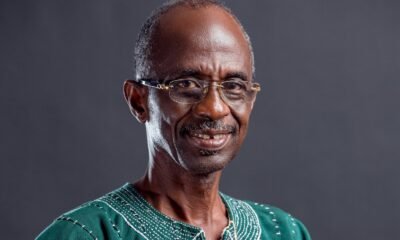

Asiedu Nketia Uses NDC Thank You Tour to Collect Feedback on Government
-
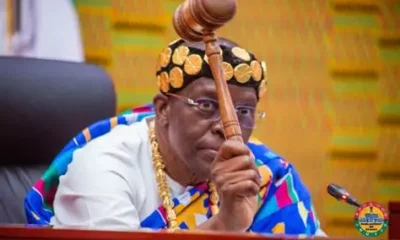

Speaker Urges Executive to Grant Parliament Permanent Land
-
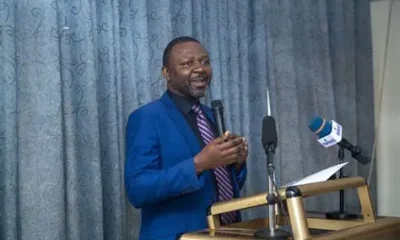

Finance Expert Warns Cocoa Reforms Could Worsen COCOBOD Debt
-


Jinapor Swears In New VRA Resettlement Trust Fund Board
-
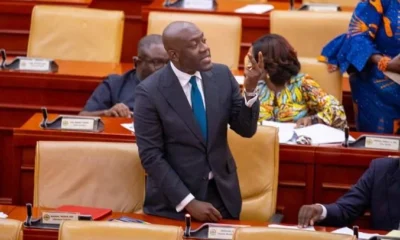

Minority Demands Dismissal of COCOBOD CEO Over Cocoa Price Crisis
-


OSP Questions Baba Jamal Over Alleged Vote-Buying in Ayawaso East Primary
-


Police Arrest Woman Over Fire Incident at Alpha Hour Founder’s Church
-
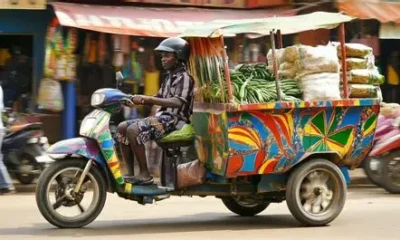

NRSA: Commercial Tricycles Still Illegal Under Ghana’s Road Traffic Laws
-
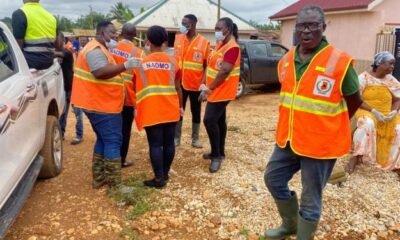

NADMO Launches Rainy Season Safety Campaign in Fanteakwa South Markets

















